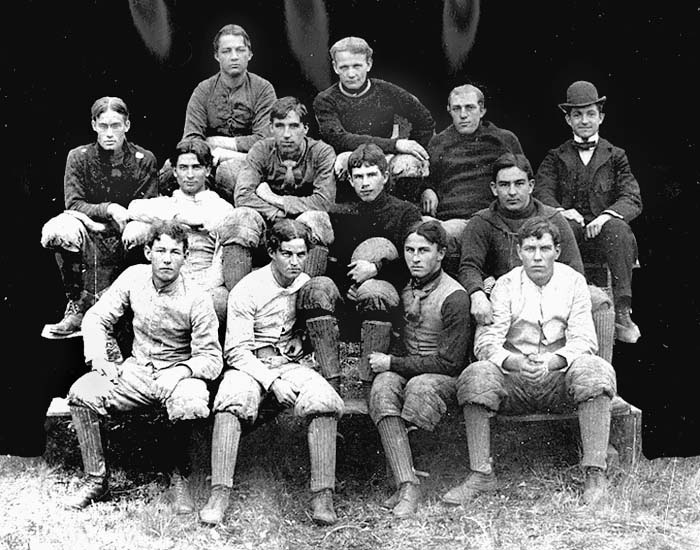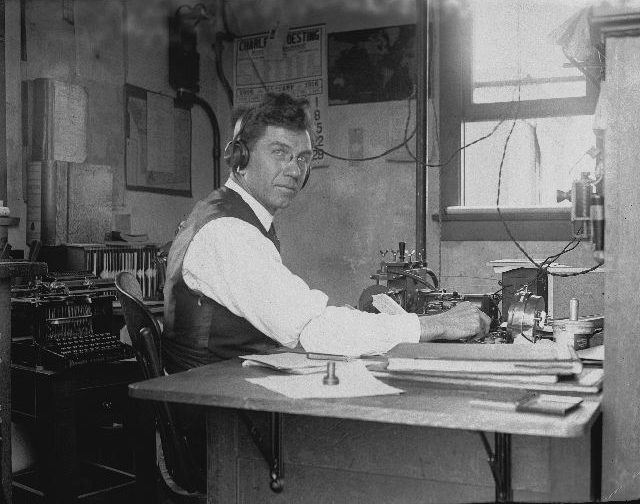OKAY – What does that mean into days Convid-19 world?
We don’t even think about the word Okay, it’s just part of our daily language. In this time of crisis, I hear people asking, “Are you OK?” It got me thinking about this word we use without giving it any thought. By today’s standards, it has become our neutral affirmative. Many other languages use it as a loanword and OK has been described as the most frequently spoken or written word on the planet. But where does it come from, what is the origin of this word OK?
It is believed that OK can be traced back to the summer of 1838, in Boston, when there was a fad to create witty verbal shortcuts with misspelled phrases. Young intellectual types in Boston would communicate, with others in the know, with coded messages, much like the youth of today that send text messages like LOL and TGIF. The abbreviation fad was a big hit in the 1830s and used expressions like KY – “know yuse” and NC – “nuff ced”.

The early written or spoken form of “all correct” was later spoken as “Oll Korrect” or even “Ole Kurreck”, and thus became OK. It wasn’t until 1840 that the term appears to have reached national fame when the Democratic political party started using it for “Old Kinderhook”. This was the nickname for the Democratic president and candidate up for re-election, Martin Van Buren, the 8th President of the United States, who was from Kinderhook, New York. His reelection campaign slogan was “Vote For OK” which connected with the national population by forming OK Clubs of supporters. Sadly the witty nickname wasn’t enough to win Martin Van Buren a second term, but it was a win for OK.
Although this Boston fad had come and gone, OK stayed around within the North American vocabulary. OK made the cross over from slang to functional use thanks to one invention, the telegraph. The telegraph debuted in 1844, just five years after OK. The sending of dots and dashes, representing letters of the alphabet, was OK’s moment to shine. The two letters were easy to tap out and easily recognizable to the telegraph operators sending morse code due to its distinct sound and rhythm.
By 1865, the telegraph system was widely used for the expanding railroad throughout North America. The railway telegraph manual of the day even goes as far as to say that no communication is ever sent until the office to receive it has been called, and a reply has been returned and no message is ever regarded as transmitted until the office receiving it gives OK. Today, we don’t even keep track of how often we use it, it’s just become a reflex answer of approval.
In a time when everyone is wondering how their neighbour is doing and the evening news tells us we are all going to be OK if we just stay home, you can think back to a symbol to support a failing presidential candidate or the witty youth of Boston and their corny joke. OK is here to stay!
